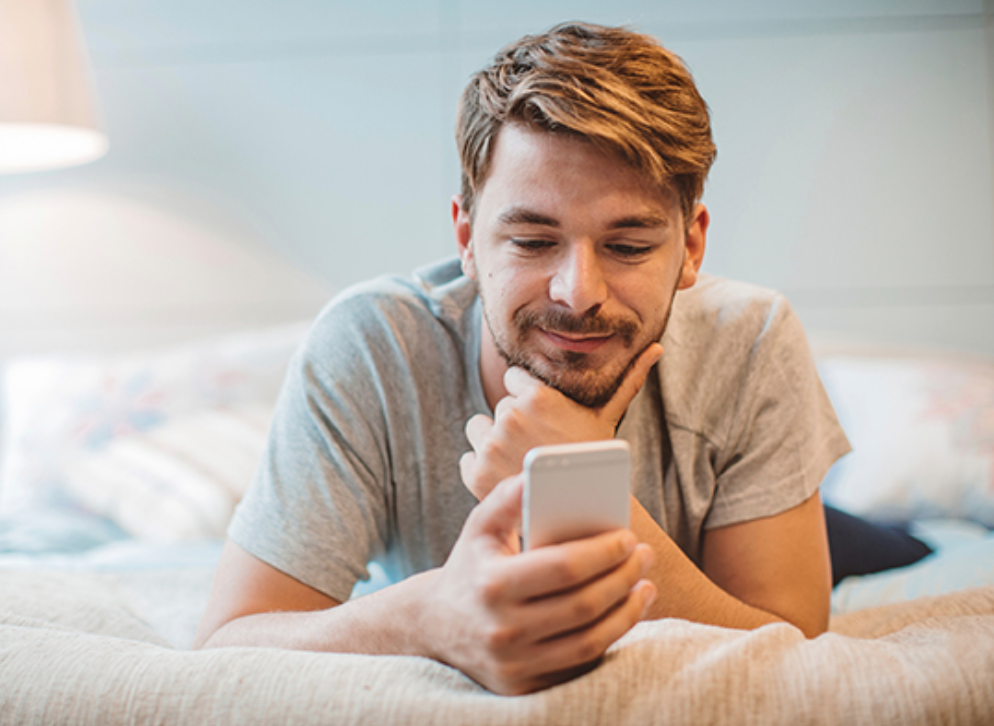Technology and Sleep: What Poor Sleeping Patterns Do to Our Bodies

Pick your poison: Twitter, Instagram, Facebook, Pinterest, YouTube you name it, and the Millennials are on it. Technology and social media combined have overtaken the minds and hands of society. Many of us have heard time and time again that the stimulation that comes from technology can disrupt our sleep patterns. Recently, the University of Pittsburgh conducted a study that emphasizes a very strong correlation between people with sleep problems and social media usage. In the study, the researchers examined about 1,800 young adults, specifically those in the Millennial generation who have grown up in a tech-dominant society using social media for the majority of their lives. As they observed the results, “they found that the study participants spent an average of an hour a day on one or more of the major social-media platforms and checked their various accounts 30 times a week. Nearly 30 percent of them suffered “high levels” of sleep disturbance” (Cox).
According to Experience Life, the research conducted by Jessica Levenson, PhD, explained 3 ways in which sleep issues were connected with social media usage:
- Late-night engagement on social-media channels can simply displace sleep time.
- Interaction with other users on these platforms can trigger emotional, cognitive, or physiological reactions that can make falling asleep more difficult.
- The light emitted by computer screens can disrupt circadian rhythms and disturb sleep patterns.
While the study does not irrefutably state that social media usage causes sleep problems, it does support the idea that the use of social media can negatively affect the quality of sleep someone is having at night.
A poor night’s sleep can affect aspects of your everyone’s everyday life, not only Millennials. Your quality of life and your overall health and wellness can reap the negative consequences of poor sleep patterns. An article on ABC news reports that “research has shown a clear link between technology use before bed and compromised sleep that affects our health and wellbeing.” So, not only could technology and social media be affecting your sleep patterns, but also functionality throughout your day to day routine as well.
It is important to note that technology and social media usage do not affect everyone in the same way. The light, stimulation, and interaction that comes from using technology can affect people and their sleep patterns in different ways, some more extreme than others. Some forms of technology are also more disruptive than others, such as video games and more interactive outlets.
When it comes to our bodies, sleep is an essential factor in keeping us healthy and well. Not only does a poor night’s sleep make us feel less than 100%, it has also “been linked with an increased risk of developing anxiety, depression, weight gain, reduced immunity, and some studies have found there’s a relationship between sleep deprivation and high blood pressure or heart disease” (Johnson).
Getting enough sleep and giving our minds a rest (especially before bed) are crucial in ensuring we can function as our best selves the following day. End your night right to start your day better!
CK
Works Cited:
Cox, Craig. Experience Life. “Social-Media Use Linked to Sleep Problems in Millenials.” http://www.abc.net.au/news/health/2016-10-21/how-technology-use-messes-with-your-sleep/7950336.
Johnson, Cathy. ABC Health and Wellbeing. “How technology use messes with your sleep and what you can do about it.” http://www.abc.net.au/news/health/2016-10-21/how-technology-use-messes-with-your-sleep/7950336.